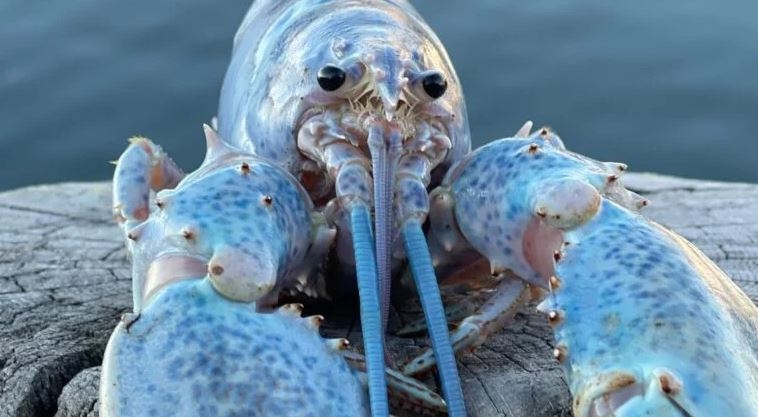According to Seafood Watch, an organisation that monitors how fish and other seafood are collected from the world’s seas, American lobster is no longer a sustainable seafood option and people should avoid consuming it.
The group made the declaration last week because of fear that lobster and other seafood fishing lines often trap North Atlantic right whales, which are critically endangered. The population of the marine animal has dwindled to the low hundreds, and federal wildlife officials fear it threatens imminent extinction.
Seafood Watch, a division of the Monterey Bay Aquarium in California, offers scientific advice to companies, including official agreements with some of the nation’s largest seafood importers, on the seafood they sell to consumers. Additionally, the group delivers seafood suggestions to customers directly. Its credit card-sized seafood purchase guidelines may be spotted in seafood markets and restaurants around the nation next to packages of oyster crackers or piles of wet wipes.
Seafood Watch placed American lobster, along with certain crab and fish species, on its red list due to the impact of fishing on North Atlantic right whales.
The organisation hopes that advising individuals to avoid American lobster, which is harvested off the coasts of Maine, Canada’s maritime provinces, and other areas of the Northwest Atlantic, will raise awareness about the right whale’s plight and put pressure on fishery managers and legislators to do more to protect the endangered mammals.
Mark Baumgartner, a senior scientist at Woods Hole Oceanographic Institution in Massachusetts who studies North Atlantic right whales but is not affiliated with Seafood Watch, believes that people need to understand the effects of the fishing tactics used to obtain the food they eat. “I believe there would be a greater demand for remedies if people understood more about the condition of right whales and the part that roped fishing plays in it.”
Lobster fishermen and their congressional supporters argue that Seafood Watch’s judgement is unjust due to the industry’s persistent compliance with state and federal legislation intended to preserve whales. It is uncertain if Shellfish Watch’s measures will have the desired impact, since large dealers and distributors of American lobster may be reluctant to cease supplies of the popular seafood.
Although there are other species of lobster, such as the spiny lobster without claws and the blue European lobster, American lobsters are the most popular among customers. Along the east coasts of the United States and Canada, men and women have captured large-clawed crabs in much the same manner since the 1800s.
The great majority of professional lobster fishermen still use pots, often called traps, to capture their prey. The pots are filled with bait and then lowered to the ocean bottom to soak. To make it easier to rescue the pots, a vertical thread of rope connects them to a buoy floating at the surface.
These ropes may easily entangle whales, preventing them from reaching the surface to breathe or diving deeply enough to obtain food. Whales that get entangled but do not immediately perish or starve may drag gear for years, creating severe lacerations and depleting energy that would otherwise be utilised for reproduction and development.
Scientists believe that there are less than 350 North Atlantic right whales left, including fewer than 100 breeding females. Ms. Knowlton said that entanglement is currently the major cause of significant damage and death for this critically endangered species.
National Marine Fisheries Service scientists have found that for the North Atlantic right whale population to escape extinction, the annual average number of whales killed by human activities must be fewer than one.
